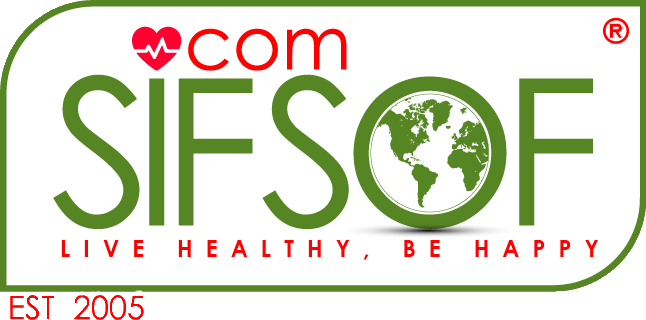The use of Physiotherapy Laser in Mental Health Care
Mental health includes our emotional, psychological, and social well-being. It affects how we think, feel, and act.
Over the course of your life, if you experience mental health problems, your thinking, mood, and behavior could be affected.
Many factors contribute to mental health problems, including:
· Biological factors, such as genes or brain chemistry
· Life experiences, such as trauma or abuse
· Family history of mental health problems
People with mental health problems can get better and many recover completely thanks to the technological advancement that the neurology field has exhibited.
In recent years, Laser therapy (LLLT) applications have broadened to include the neurology field as well.
Several human clinical trials of LLLT for indications with relevance to neurology, such as stroke, traumatic brain injury, degenerative brain disease, spinal cord injury, and peripheral nerve regeneration have proved their efficacy.
The Smart Medical 26.2Watt Diode Laser SIFLASER-3.2, for example, is specifically designed to address mental disorder issues among many other similar problems.
AS per neurology, the central goal of laser therapy is to stimulate the cell to perform its natural functions but at an enhanced rate.
With its four wavelengths: 635nm, 810nm, 980nm and 1064nm with Maximum power up to 26.2Watt. SIFLASER-3.2 will offer extremely easy and friendly operation, you could track treatment times, save protocols and view patient profiles in the laser, and even update laser software through the internet.
Targeted in hemoglobin and cytochrome c oxidase, the high-power diode laser could help the respiration which, in turn, would result in a good performance therapy.
In sharp contrast to “Cold lasers” which provide no feeling or sensation, high power diode laser therapy will provide a warm and soothing feeling which is the exact thing patients with brain disorders look for.
Mental health issues have no definitive cure, although there are lots of effective treatments. The SIFLASER-3.2 provides a treatment alternative for patients that have not responded to other therapies.
Further, Laser therapy has a high beneficial effect on nerve cells which block pain transmitted by these cells to the brain and which decreases nerve sensitivity.
Indeed, the use of Laser therapy in mental health entails beaming infrared and near-infrared light into certain regions of the body, which helps to stimulate, protect, repair, and revitalise the body at the cellular level.
With no toxic side effects and no drug interactions, which are often used in healing mental issues, This device might be the most suitable for Laser therapy in mental health care which aims at improving people’s mental stability and possibly work to achieve their full recovery no matter how difficult that might be.
Reference: Role of Low-Level Laser Therapy in Neurorehabilitation
Disclaimer: Although the information we provide is used by different doctors and medical staff to perform their procedures and clinical applications, the information contained in this article is for consideration only. SIFSOF is not responsible neither for the misuse of the device nor for the wrong or random generalizability of the device in all clinical applications or procedures mentioned in our articles. Users must have the proper training and skills to perform the procedure with each Laser System.
The products mentioned in this article are only for sale to medical staff (doctors, nurses, certified practitioners, etc.) or to private users assisted by or under the supervision of a medical professional.

